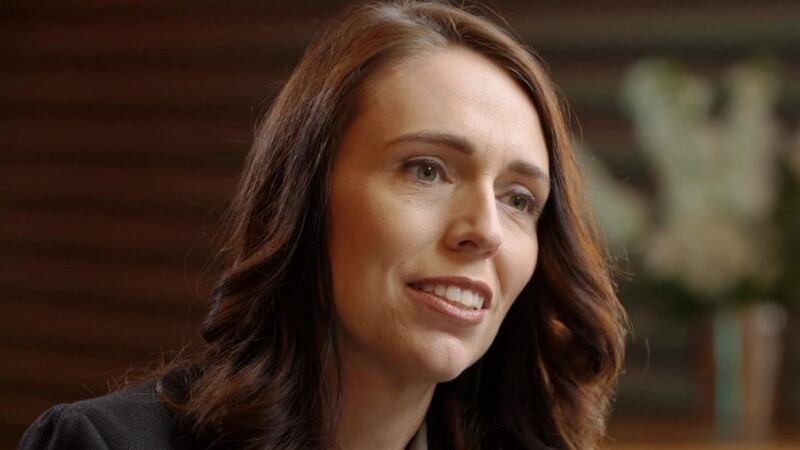Prime Minister Jacinda Ardern says despite New Zealand's relatively strong economic position, the global economy is still precarious and could harm Aotearoa.
World financial experts, including the International Monetary Fund and the OECD, are forecasting a tough 2023 for global markets and, while a recession isn't being predicted, both say it could still feel like one for many around the world.
Ardern tells teaomaori.news Aotearoa has emerged from the Covid-19 pandemic better than some countries largely due to its dependence on trade, in particular the primary sector. But that reliance may also leave the country vulnerable if our trading partners continue to slow.
"It means that when other economies struggle or slow, that has an impact on us and so we can assume that, if there are waves in the global economy, we will feel the ripples here in New Zealand. We need to make sure we are doing what we can despite the really strong foundation we have in New Zealand to buffer our people as much as we can and help us get through the next period in time."
Will we see a recession?
The OECD is predicting global GDP growth of 3.1% in 2022, about half the pace seen in 2021 during the rebound from the pandemic, and to slow further to 2.2% in 2023, well below the rate foreseen before the war in Ukraine. However, the slowdown in output growth in 2023 is not generally expected to be reflected in significant rises in unemployment. The OECD-wide unemployment rate is projected to increase to nearly 5.5%, some 0.5 percentage points above the low point in mid-2022, with many firms holding on to workers who have been hard to recruit since the pandemic.
It is also predicting global economies to begin growing again in 2024.
Ardern recently attended the Asia Pacific Economic Cooperation (Apec) summit in Thailand where the leaders of the 21 member nations pledged to boost trade and "do more to tackle other economic challenges". The prime minister says the discussions involved included where indigenous economies fitted.
"Because of New Zealand's 'trade for all' agenda and improving indigenous trade means it is front and centre. So when I spoke at one of the business forums, I talked about the need for inclusive growth and it needs to include our Māori economy, women and our small and medium enterprises, so focus on talks and focusing on the trade agenda as well."


